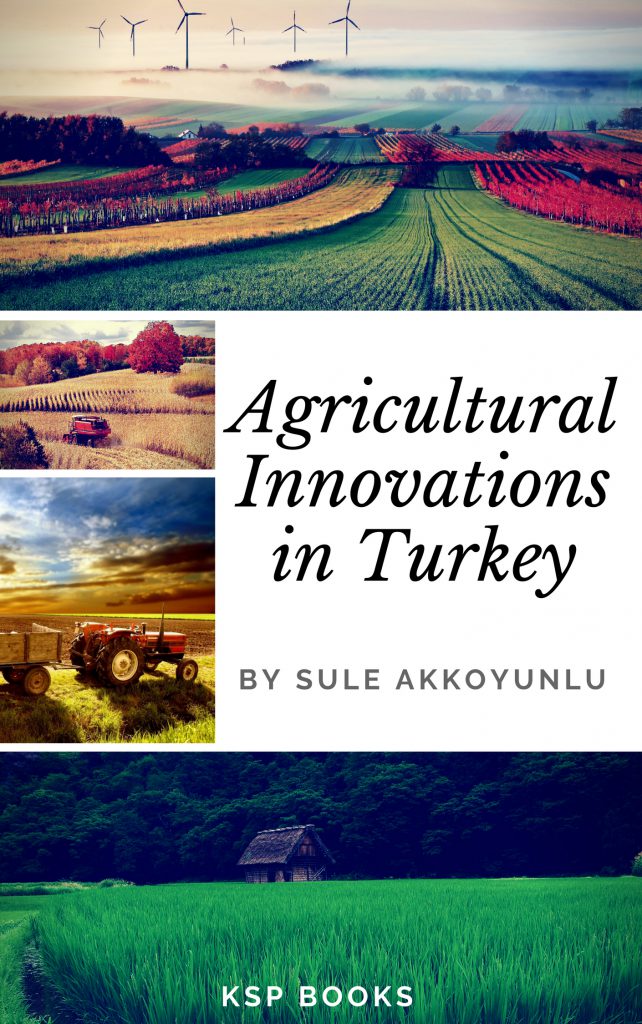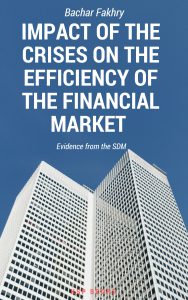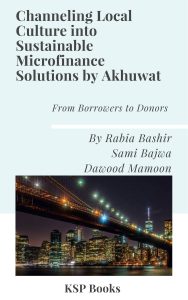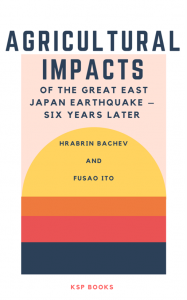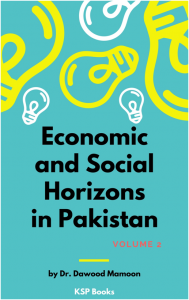Synopsis
The adoption of agricultural innovations is crucial for economic growth as well as economic development. However, in order to help leverage the adoption and diffusion of innovative practices, it is important to understand the process of agricultural innovation and its determinants. Using data derived from interviews, published materials, and observations, this study identifies the key factors that determine agricultural innovations in Turkey. Based on these insights, the paper identifies the characteristics of innovative farmers and suggests policy strategies to encourage agricultural innovations. The analysis shows that agricultural innovations are taking place in Turkey and various public and private stakeholders contribute to the development and adoption of innovation in agriculture. Agricultural enterprises and cooperatives, clusters of innovation, non-governmental organizations, research institutes, government, and international institutions play an important part in the collaborative effort to create and disseminate innovation. In this context, the right institutional incentives, good governance, and an enabling infrastructure are crucial for the facilitation of innovation. The diffusion of innovations through extension services and experts promotes the active participation of farmers and may also have a positive impact on agricultural trade through increasing global competitiveness. Innovative agricultural products not only generate increasing returns for the existing demand for these products, but can increase competitiveness internationally. Since agriculture is mostly associated with a low-margin commodities business with decreasing returns, the potential of innovation in agriculture in making the rural sector more competitive and at the same time more sustainable has been underestimated.
Contents
About Author
ISBN
978-605-2132-83-8
Date of Publication
December 15, 2018
File Size: 1690 KB
Length: xi + 52 pages
This work is licensed under a Creative Commons Attribution 4.0 International License.
